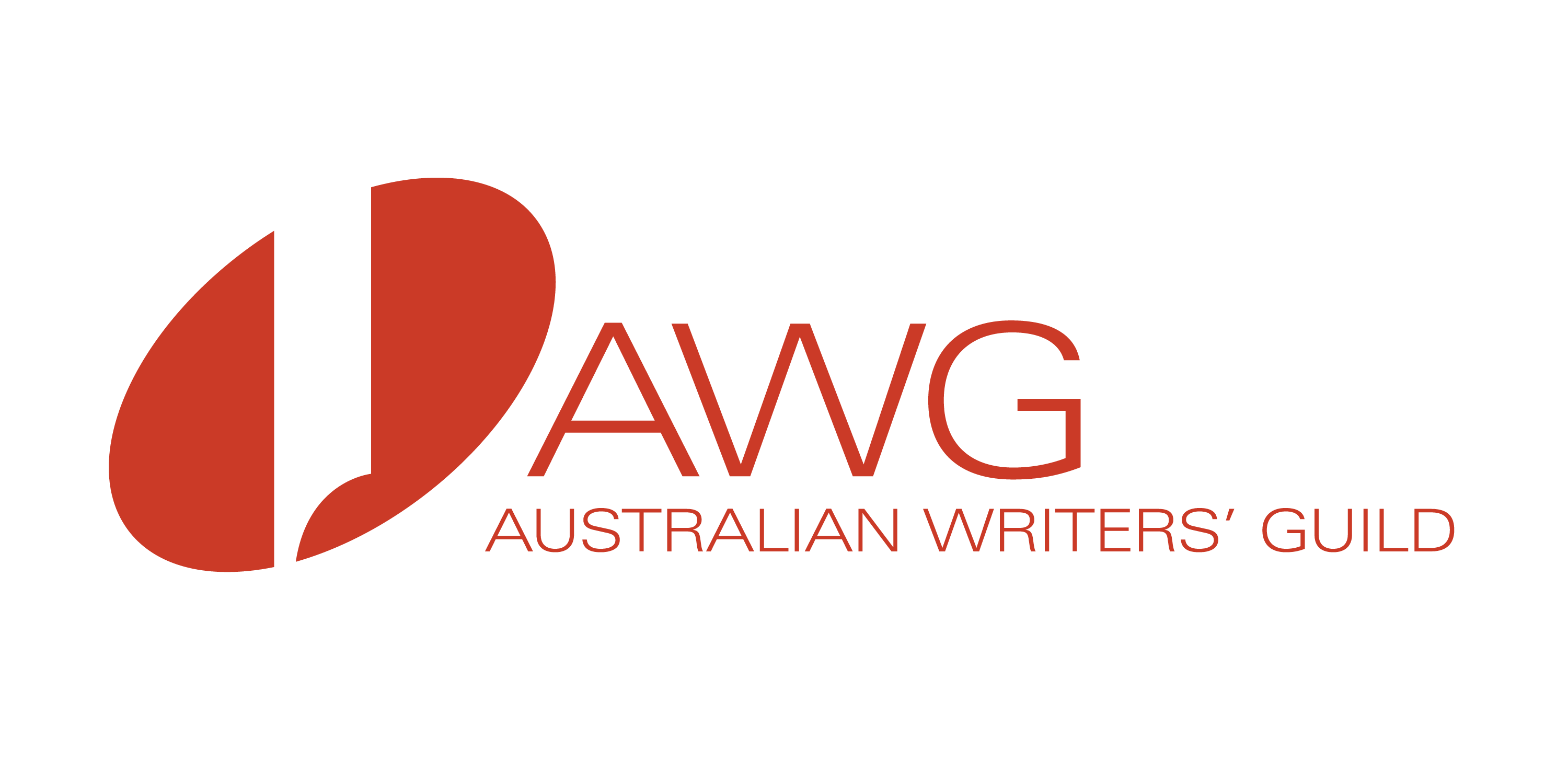
Profile of the Writer
Writers at Film Festivals
Tuesday, June 7, 2011
The IAWG continues to seek ways to enhance writers’ presence at film festivals. Guy Hibbert of the WGGB spearheaded a List of Excellence designation in conjunction with the FSE, and that project continues to evolve.
The goal is to broaden the festival spotlight usually cast on directors and actors so that more than the edges alone illuminate writers. Whether organizations refer member- speakers or are approached to be sponsors, there are several low to no cost items that may be negotiated, or at least mentioned, which will increase the writers’ status at such events.
Here is a Writers Guild of America, West checklist to consider:
- Request that writers are credited in the film catalogue, whether in print and/or online. After inclusion is established, placement in relation to other professionals (directors, producers, cast, etc.), cross-referencing and online searchability may be addressed.
- Related to the first suggestion, ensure the film submission forms provide a writer category and provide a space for writer contact information. Festival organizers may simply use forms that exclude the writer.
- If directors’ biographies are listed, ask for writers’ biographies to be included. Of course, multiple writers may be involved, but film companies sometimes address that aspect in their other written materials.
- Request that writers are provided credentials (badges) and receive tickets to the films they have written. Seems like this would be fundamental – but it isn’t!
- Request that writers be allowed to attend the same events as directors and/or producers. If there are “filmmaker liaison” staffs or offices, make sure writers are brought to their attention and made welcome.
- Ask that writers who are writer/directors and/or writer/producers and/or actors on films be introduced as such. Do not limit this request to festival organizers, programmers and other staff, as writers who perform multiple functions on a film may themselves overlook the writer moniker. It is a good idea to email participating writer-hyphenates prior to the festival to encourage them to be introduced as a writer/_______.
- Ask the Festival organizers that writers be introduced at the screenings, and questions and answer sessions, regardless of whether they are “hyphenates.”
- Ask if you can obtain the filmmaker or writer database to do your own outreach to the writers (whether they are members or not). This may not be feasible for confidentiality reasons, but it does not hurt to ask!
- Site major festivals you may know of that have taken steps to include writers and site them to other festivals. Of course, these other festivals would want to be equally progressive toward writers, wouldn’t they?
- If you want to formalize parity, here is suggested language:
“(Festival) in consideration of its relationship with the (Guild) and in recognition of the collaborative nature of filmmaking, agrees to exercise best efforts in according writers parity with producers and directors in all (Festival) advertising, publicity, articles, literature, publications, programs, website and onscreen, and to inform all relevant (Festival) personnel of this agreement to give equally prominent credits and acknowledgments to writers.”
WGA CREATIVE RIGHTS GUIDELINES
The Writers Guild of America Theatrical and Television Basic Agreement (“WGA-MBA”) provides Creative Rights guidelines for contractually covered films that screen at United States film festivals or premieres. This information is provided to Companies and writers through the WGA-MBA and other Guild Publications. If you would like further information on the Creative Rights provisions, please contact the WGAW Creative Rights Department at 323-782-4741. Please note that the WGA-MBA is subject to change during the upcoming 2011 WGA-MBA negotiations.
ADVERTISING AND PUBLICITY
The Guild generally requires that WGA-determined writing credits appear in advertising and publicity in parity with the credit given to the director or producer. Prior to the final determination of credits, the company may use its good faith credits.
The credited writer(s) must be included in all publicity if the director or producer is included. A filmography for the credited writers will also be included in standard print and electronic press kits, the domestic version of the laser disc or DVD, or internet web page dedicated to the motion picture, if one is included for the director. (Each participating writer is required to provide a filmography to the Company’s advertising/publicity department.) The credited writers will be interviewed for the purpose of including material about the writers in press kits, DVDs or laserdiscs, unless notified otherwise by the Company.
ATTENDING THE PREMIERE, PRESS JUNKETS AND FESTIVALS
The credited writer(s) of a theatrical motion picture will be invited to attend the domestic premiere of their picture or the domestic film festival at which their film is first exhibited and the press junket, unless notified otherwise by the Company. The Company must furnish first class transportation and accommodations to the writer if the writer is required to travel more than 150 miles to attend the premiere or festival. For press junkets, the Company is required to pay for first class transportation and accommodations for no more than two (2) such individuals.
MONITORING AND ENFORCEMENT
The Guild has created a monitoring system that independently tracks the events related to each creative rights provision on theatrical releases. The database contains information regarding each studio’s compliance with the provisions taking account Company responsiveness when notified of situations that may require investigations and/or intervention. In addition, the Guild enforces many of the Creative Rights provisions through effective monitoring of company websites, press materials and other sources.
FOR WRITERS AND THEIR REPRESENTATIVES
Become familiar with the Creative Rights provisions in the WGA-MBA. This is the collective bargaining agreement which covers most of the work done by WGA writers. For instance, among your “creative rights” you will be listed on a daily call sheet, as well as receive a copy if you are the currently employed writer(s) on a film production. Another creative right is including information about you in the project’s press kit. Under the MBA, you may also request a visit to the set – which could be an ideal opportunity to be interviewed for the film’s press kit/electronic press kit (“EPK”) – so it’s always best to coordinate your on-set visit with the studio when interviews are being conducted. When you deliver your last draft, provide your filmography to the studio’s advertising/publicity department for inclusion in all upcoming publicity materials. Then follow-up with the film’s unit publicist with your head shot and confirm they received copies of your bio/filmography.
If you’re a credited writer on a project slated for upcoming release, don’t hesitate to contact the studio publicist assigned to your film to introduce yourself and offer to make yourself available for press kit/EPK, press junket, and other media interviews. In addition, if you are a credited writer on a film with a major premiere at a film festival, ask the studio and/or production company’s PR team to be invited to walk the red carpet to get maximum media exposure and align yourself with other “talent” on the project, i.e., the actors, directors, producers, etc. (*Under the WGA-MBA, only credited writers must be invited to the premiere or film festival at which a film is exhibited and invited to the domestic press junket, unless otherwise notified by the Company.)



















